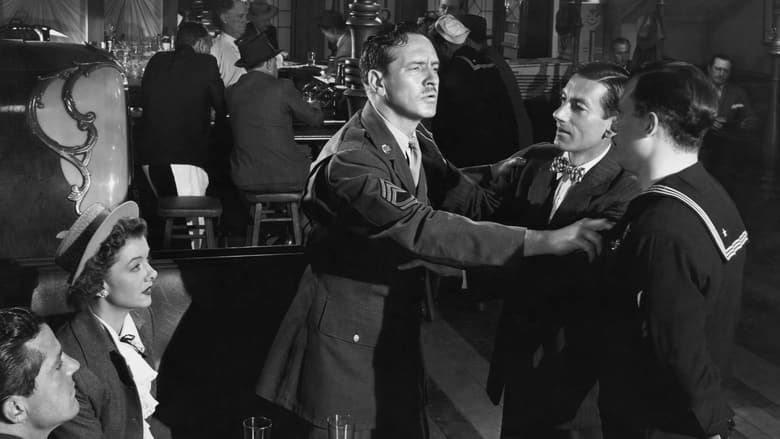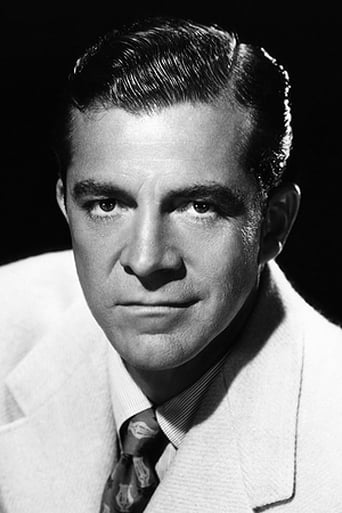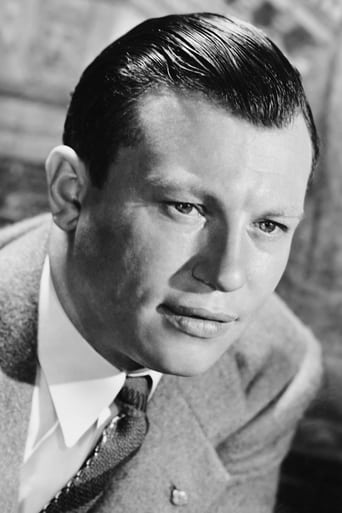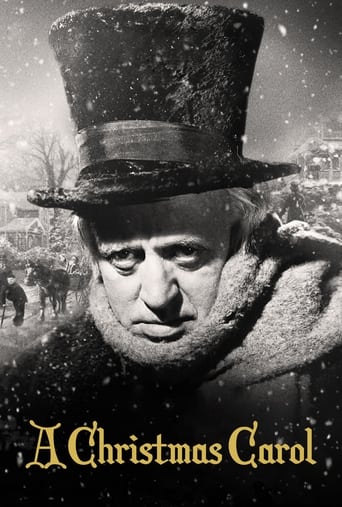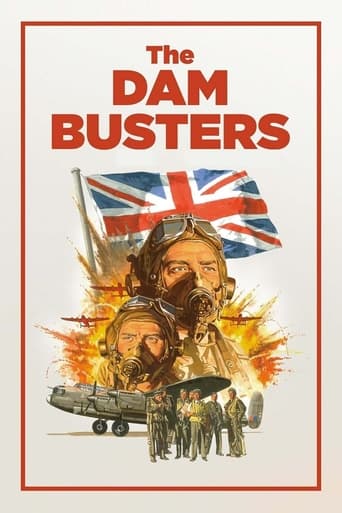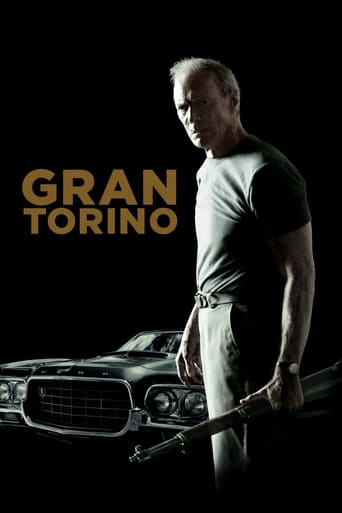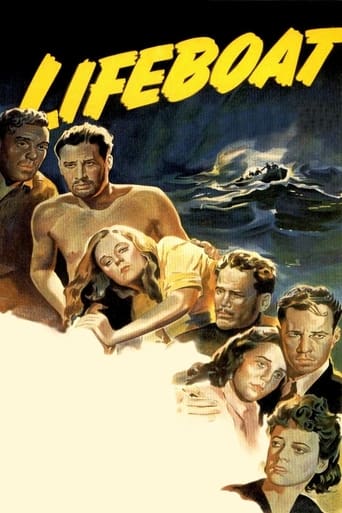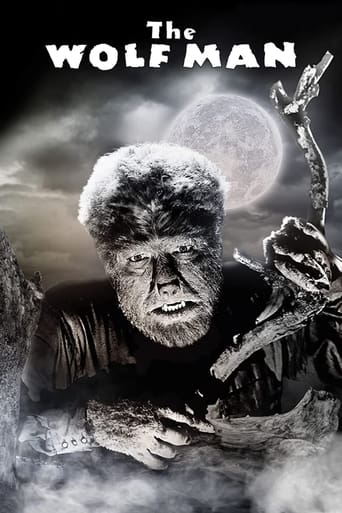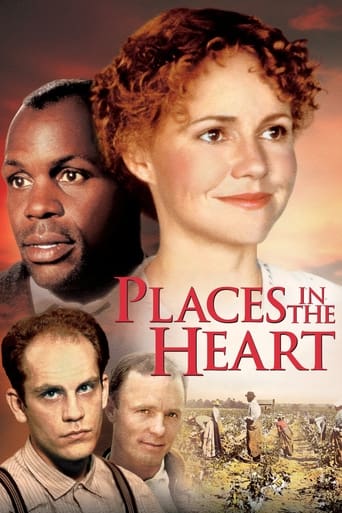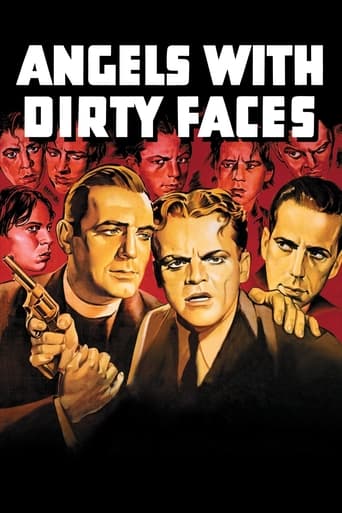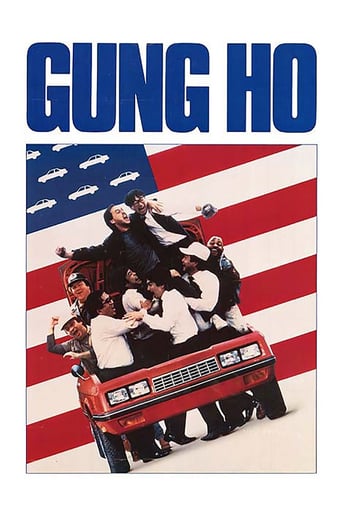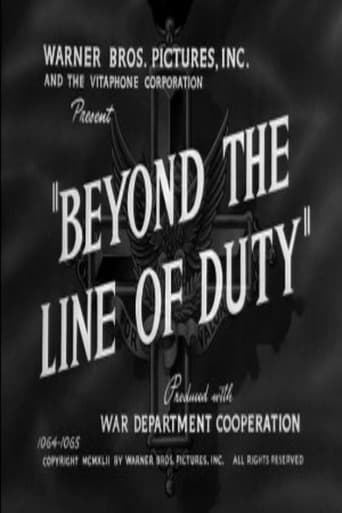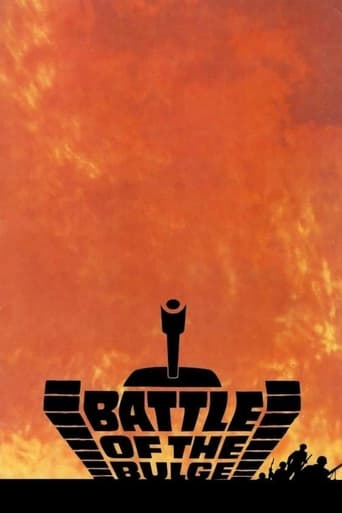The Best Years of Our Lives (1946)
It's the hope that sustains the spirit of every GI: the dream of the day when he will finally return home. For three WWII veterans, the day has arrived. But for each man, the dream is about to become a nightmare.
Watch Trailer
Cast


Similar titles
Reviews
Title - The Best Years of Our LivesDate Released (UK) - 5 March 1947Average Rating at Time of Review - 8.1Position in IMDB's Top 250 at Time of Review - #249Directed By - William WylerStarring - Myrna Loy, Dana Andrews & Fredric MarshPlot - Three World War II veterans return home to small-town America to discover that they and their families have been irreparably changed.To be honest, I'd never heard of this film before it came time to watch it. That fact along with the three-hour runtime of the film made me a little apprehensive. A film needs to be pretty great to make me want to pay attention for such a length and given that I'd never heard of it, my expectations weren't very high going in. What I did think was that it seemed like a brave venture; coming out just a short while after the Second World War this film looks at how war can negatively impact a soldiers state of mind. Not to mention it was surrounded by war movies filled with adventure and heroics. Watching the film, I realised that it wasn't the "pretty great" I needed to make me want to stick around, however it was enjoyable. Most importantly, it never felt like a slog - in fact I found myself quite surprised when the credits rolled. The fact that it never felt three hours long is a point in its favour. Was it a brave film? In theory, yes. Based off of IMDB's plot description, yes. In actuality, no. Whilst the film touched upon many very real issues that were (and still are) faced by soldiers returning home, I felt that they were sidelined pretty quickly in favour of the romance plot-line, in which two of veterans played critical roles. However the third veteran, the one with the most to say on post-war struggles given that he was an amputee, isn't important to the romantic sub-plot and has significantly less screen-time than the other two. Of course, those two still face their own post-war issues, however they seem to forget them pretty quickly.PROS:-The Acting: The acting in this film was by far the best thing about. Everyone seemed to fit perfectly into their roles and there was no performance I felt was under-delivered. When any of the three main gentleman are on screen together the acting really sticks out and those were some of the most enjoyable moments in the film. The Music: Music really helps to hold this film together and is used to great effect when acting as a scene-transition. It also doesn't feel intrusive and feels as though it belongs in the scene, unlike some other films from this same era. The Writing: This is a film based around character interactions and they are done wonderfully and you can tell the cast had fun playing their characters. Even during the more somber character interactions, they are written flawlessly and makes the film feel very grounded, no doubt helped by the set design and costumes. CONS:The Plot: I can't think of a great many flaws in this movie, but I can easily think of one and it is perhaps the biggest flaw a film can have. As I mentioned above, this film is about character interactions. No matter how good those character interactions are they do not carry a film of this length, it must also have a compelling plot-line. This film falls short on that front. There weren't a whole lot of moments that spring to mind as "memorable" and if I were caught-off guard I imagine I would struggle to recap the events of the film, even at the time of writing this review three hours after watching. There is also the aspect I mentioned earlier in regards to the post-war difficulties being put to the side for a more cliché romance story. This film could easily have been an hour shorter and due to the lack of a strong plot, it gets a lower rating than it perhaps could have. For every one thing I enjoyed about the film, there were 2 scenes that were completely inconsequential to the overall narrative. On top of that, the most compelling character in the film is the one with the least story and the film never really delivered on demonstrating issues faced by soldiers coming home. What they did show, however, was important. That is what this film is and what this film was - important, especially during its time. There would have been many people going through a lot of the stuff that the three soldiers went through and this film showed to them that they weren't alone. Seeing even the most downtrodden characters lives improve throughout the film also allowed them to hope, when some of them may not have had the will for it.
This is a gripping story about three men returning from WWII. They meet up as they are desperately trying to get a lift home from the air force. "Do you have an order?" asks the desk clerk of air man Fred (Burt Lancaster), expecting a chit. He quietly points at the medals on his chest. He quickly joins up with two others going to Boone, a little town in the midwest: army sergeant Al (Fredric March), and disabled navy man Homer, who gets by with hooks for hands (veteran Harold Russell).They sit in the nose of the plane looking at the landscape - they're flying low. Homer is thrilled by his first plane ride. He's just worried about how his girl will react. The others assure him he'll be fine. Back on the ground, they get a taxi and drop Homer off - he's nervous, but the others order him to get going. Al is dropped off at a fancy apartment block and is reunited with his son, daughter Peggy and too-understanding wife Milly (Myrna Loy). Fred, the officer, goes to his parents' house - a shack near a railroad, and sets out to look for his wife.They all reunite in the evening at Butch's bar (Hoagy Carmichael), drink too much and get a bit riotous (I fast-forwarded, I don't like drunk scenes). The trio have trouble settling in: Fred's wife turns out to have a taste for the good life he can't afford, he gets his old job back but loses it, he falls in love with Al's daughter Peggy...Homer just wants people to treat him as an ordinary person, and won't set a wedding date. He is a naturally happy soul, and if he loses his temper he quickly apologises, but he is suffering.Al goes back to work at the bank but his status is precarious - his jovial employer drops heavy warnings about lending to ex-servicemen without collateral. But of course it all ends happily. Al gives the bank board a drink-fuelled boot up the rear about lending to the right people (couldn't watch this bit either). Best bits: Fred trying to fit in back at the drug store. He's fine at serving chocolate sundaes, especially to his old mate Homer. But then Homer gets a lecture from some busybody who thinks you guys were on the wrong side in the war, and Fred decks him.Homer's scenes at home with his dad (who is a lovely man) and Wilma.Fred's scenes with his wife, excellently played by Virginia Mayo.Frederic March is good, but he's the Big Star, and the camera lingers on him too long. As I said, I didn't like his drunk scenes. Milly does her best, but she should send him to AA. Their scenes, and their heartfelt talks with their daughter Peggy, take too long.I once knew someone who stole his dialogue from this film...
After World War II, Fred Derry (Dana Andrews), Homer Parrish (Harold Russell), and Al Stephenson (Fredric March) meet while flying home to Boone City (a fictional city patterned after Cincinnati, Ohio. Fred was a decorated Army Air Forces captain and bombardier in Europe. Homer lost both hands from burns suffered when his aircraft carrier was sunk, and now uses mechanical hook prostheses. Al served as an infantry platoon sergeant in the Pacific. All three have trouble adjusting to civilian life.Al has a comfortable home and a loving family: wife Milly (Myrna Loy), adult daughter Peggy (Teresa Wright, who was only thirteen years Loy's junior), and college freshman son Rob (Michael Hall, who is absent after the first one-third of the film). He returns to his old job as a bank loan officer. The bank president views his military experience as valuable in dealing with other returning servicemen. When Al approves a loan (without collateral) to a young Navy veteran, however, the president advises him against making a habit of it. Later, at a banquet held in his honor, a slightly inebriated Al expounds his belief that the bank (and America) must stand with the vets who risked everything to defend the country and give them every chance to rebuild their lives.
If I watched this movie before I watched Bicycle Thieves, maybe it would've ended up as just another post-war movie for me. But in combo of Bicycle Thieves, this movie tells the complete story from both sides of the war victors and losers; none get the happy live. War torn everything, even the lives of the victors. We see it first hand as how Homer struggles to regain himself after losing his hands. Fred also struggles as he has everything a decent man dreams of, but lacks any other skill that he has to bow himself down to the harsh reality of the available work. AL also struggles morally as he chooses to do the right thing. And as we see only Homer's and Frede's story closes out well, as Al's didn't really get a justified ending to his ordeal. The actors did a great job in bringing live to the scenes.


